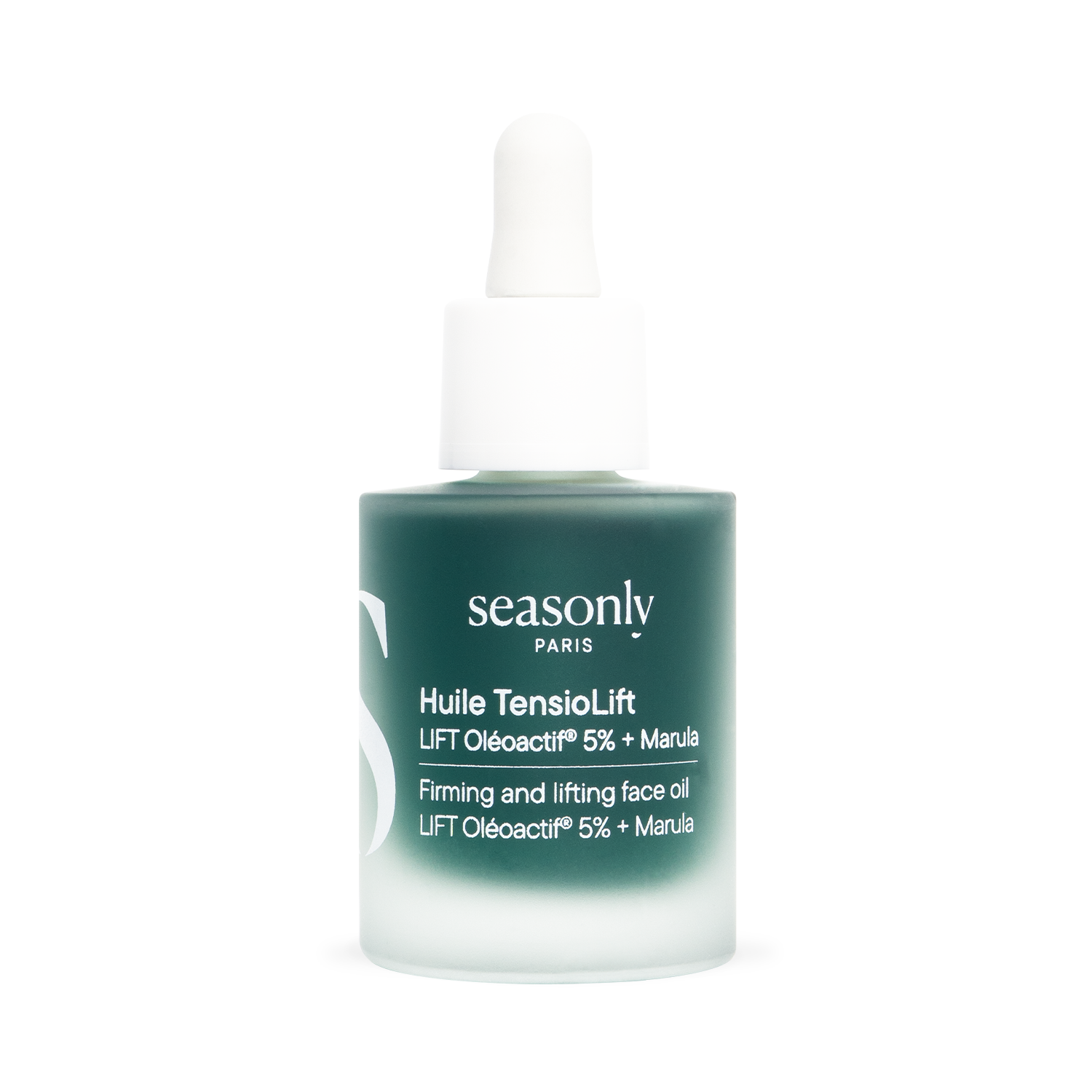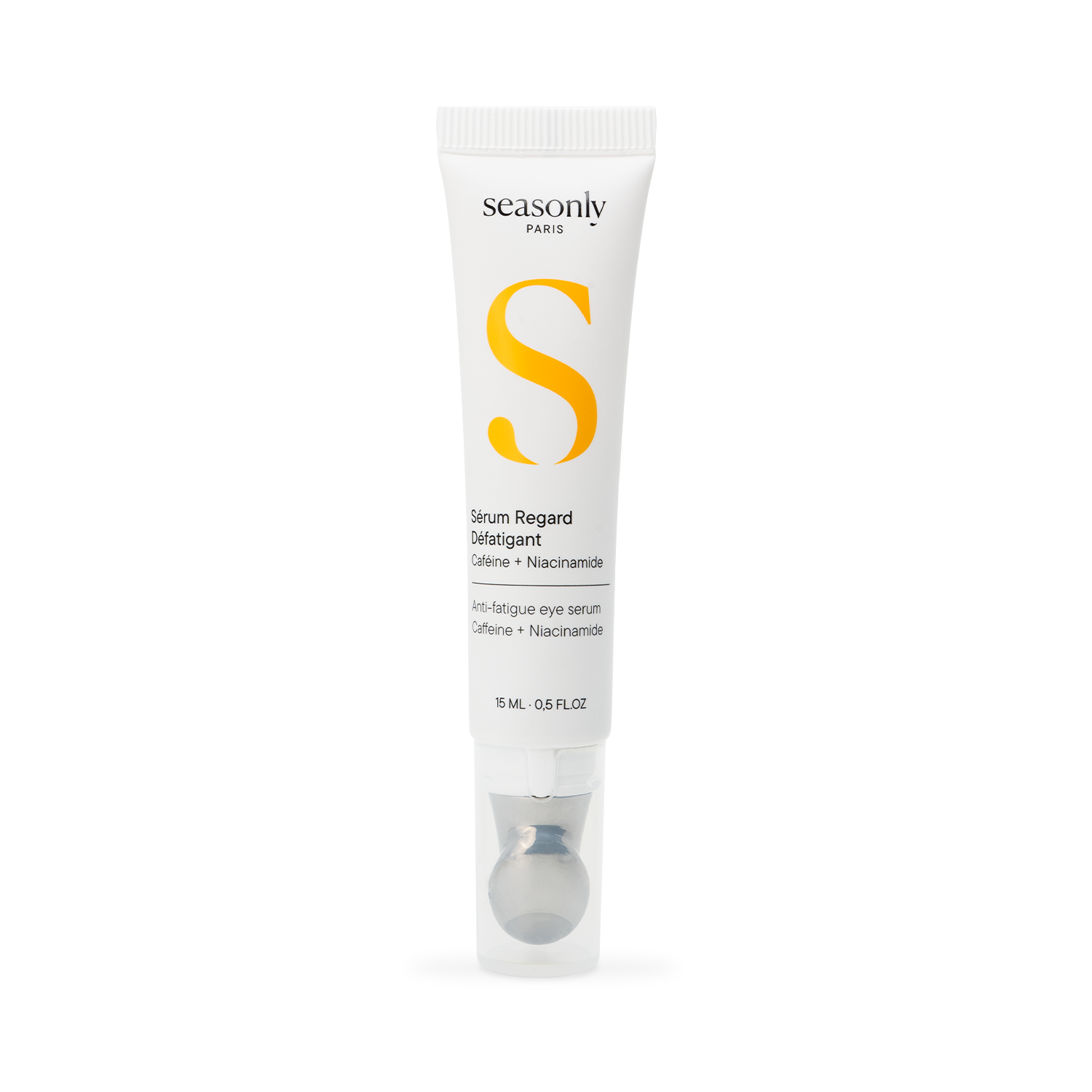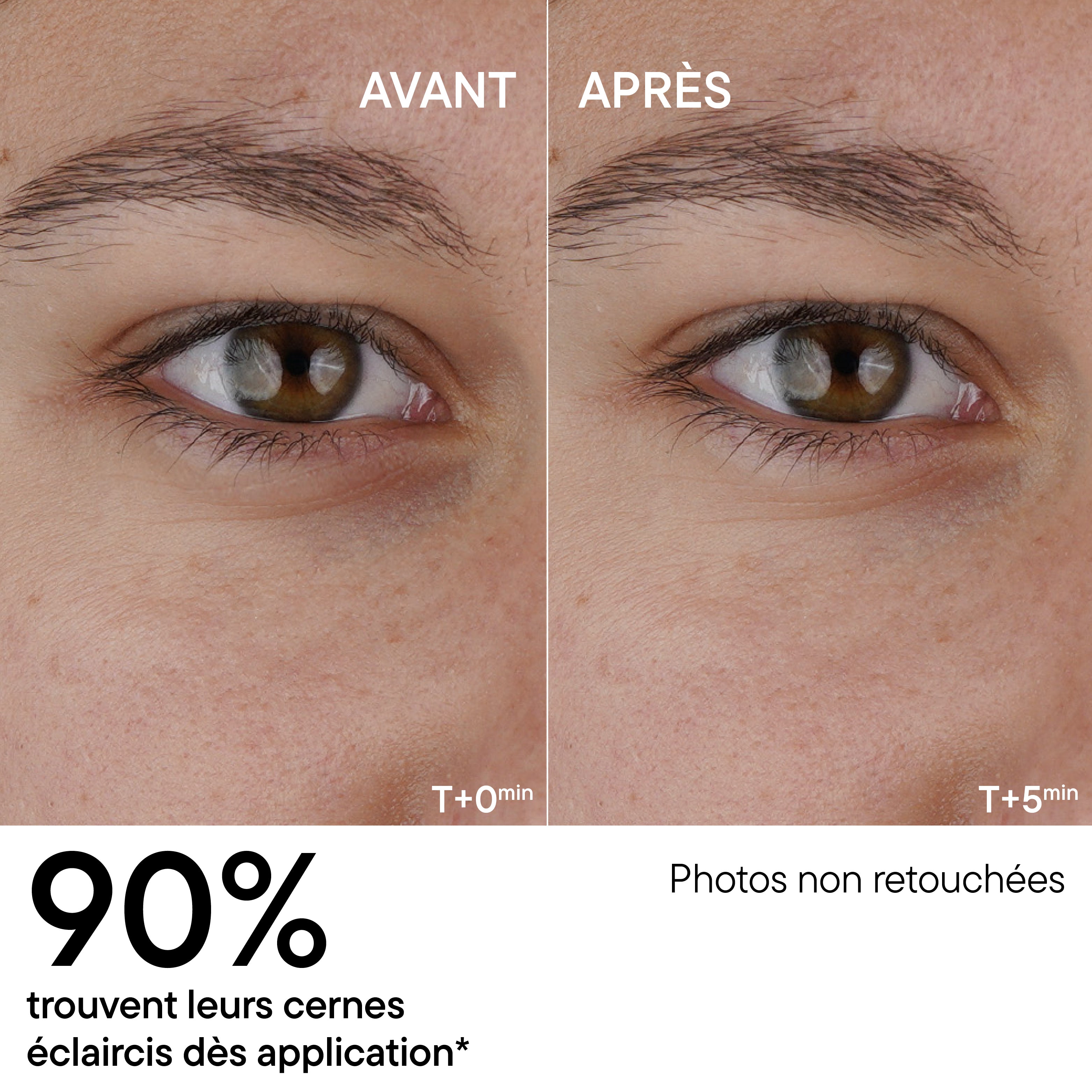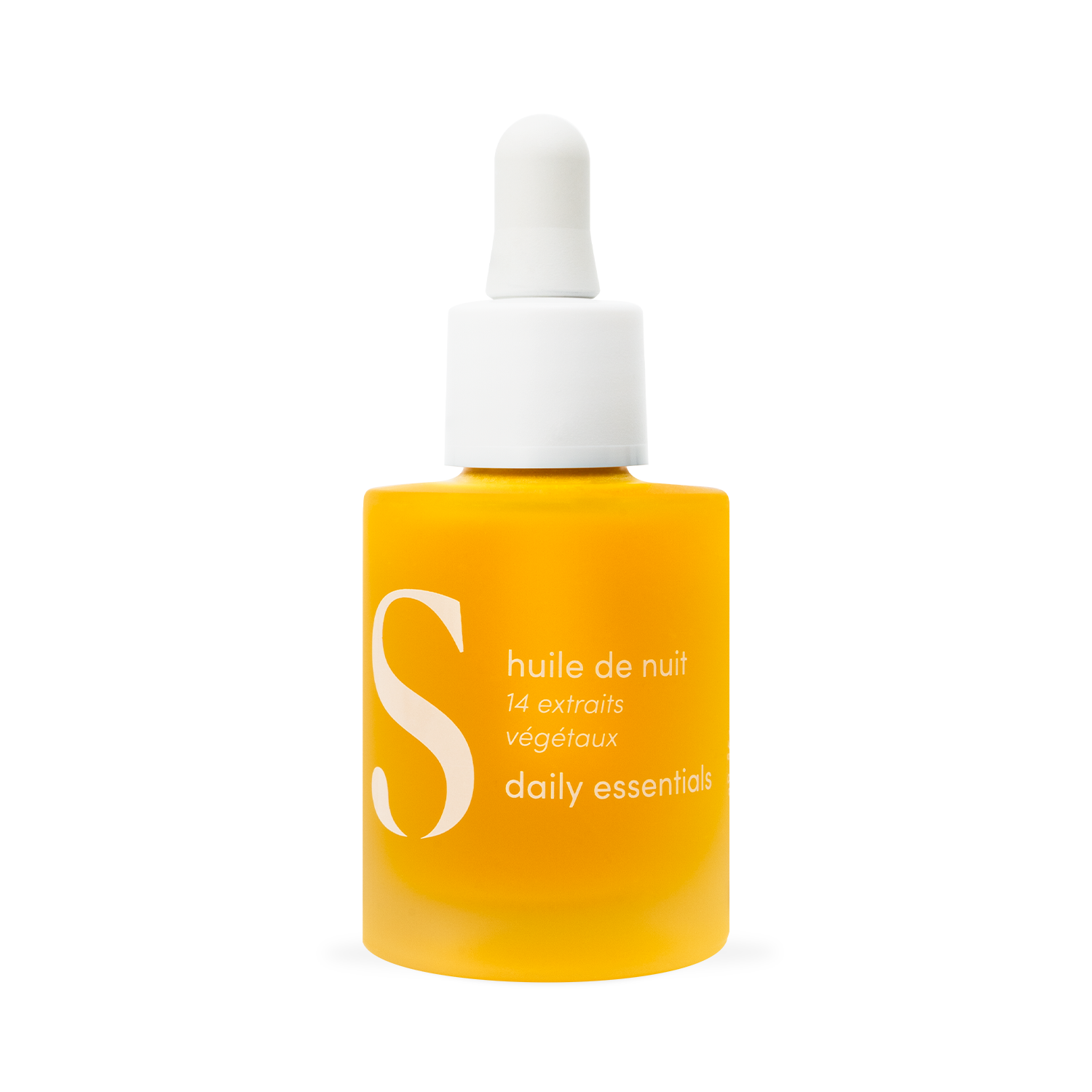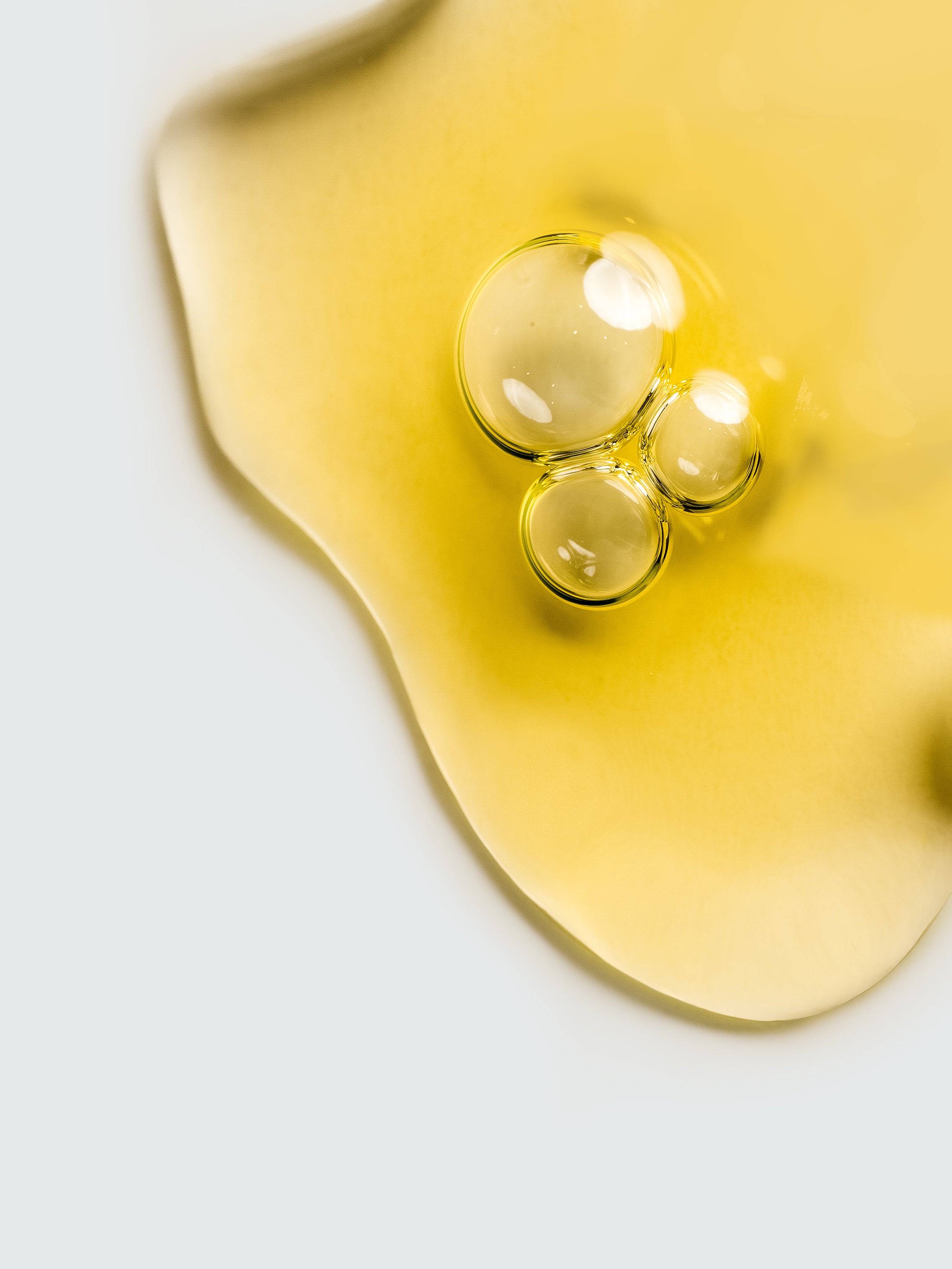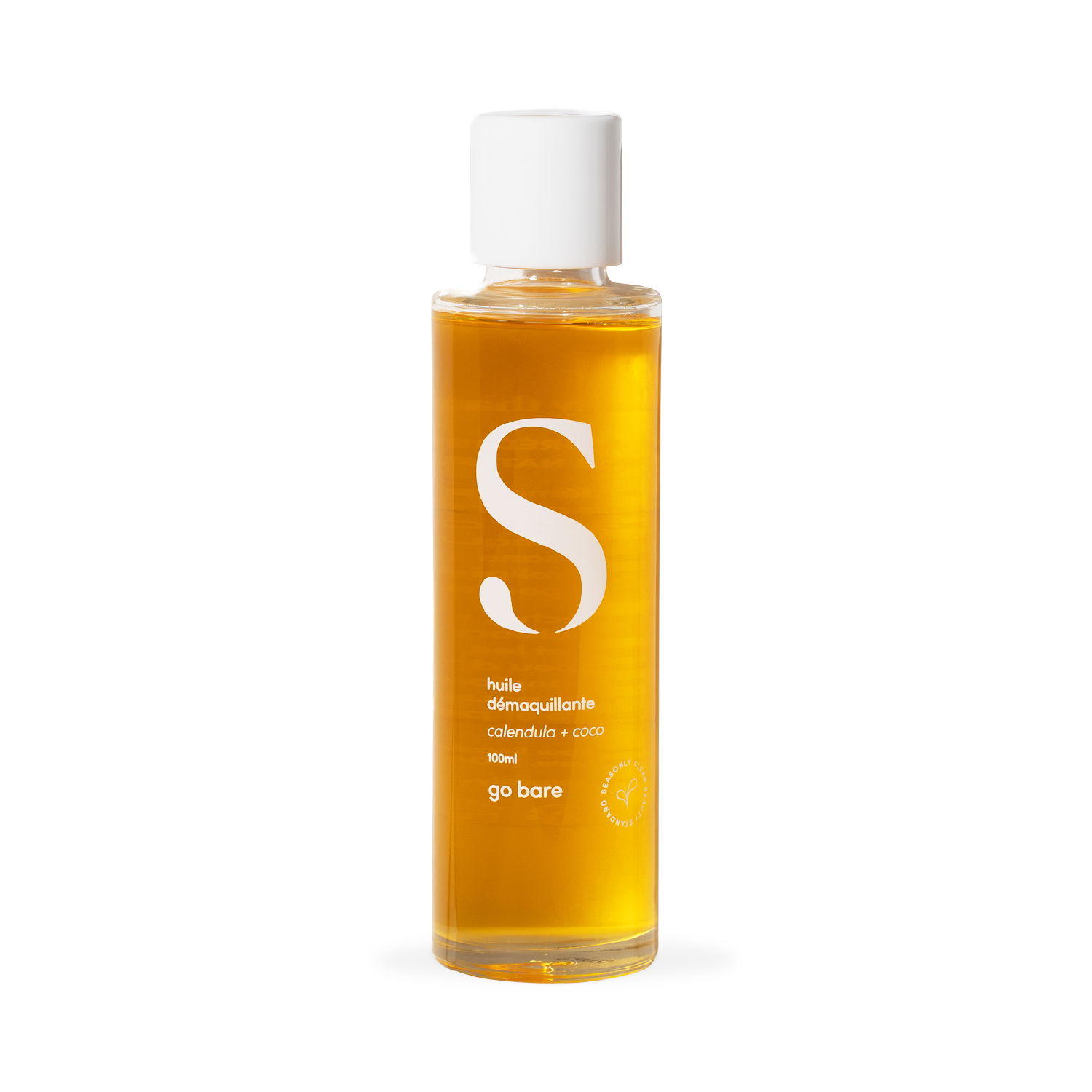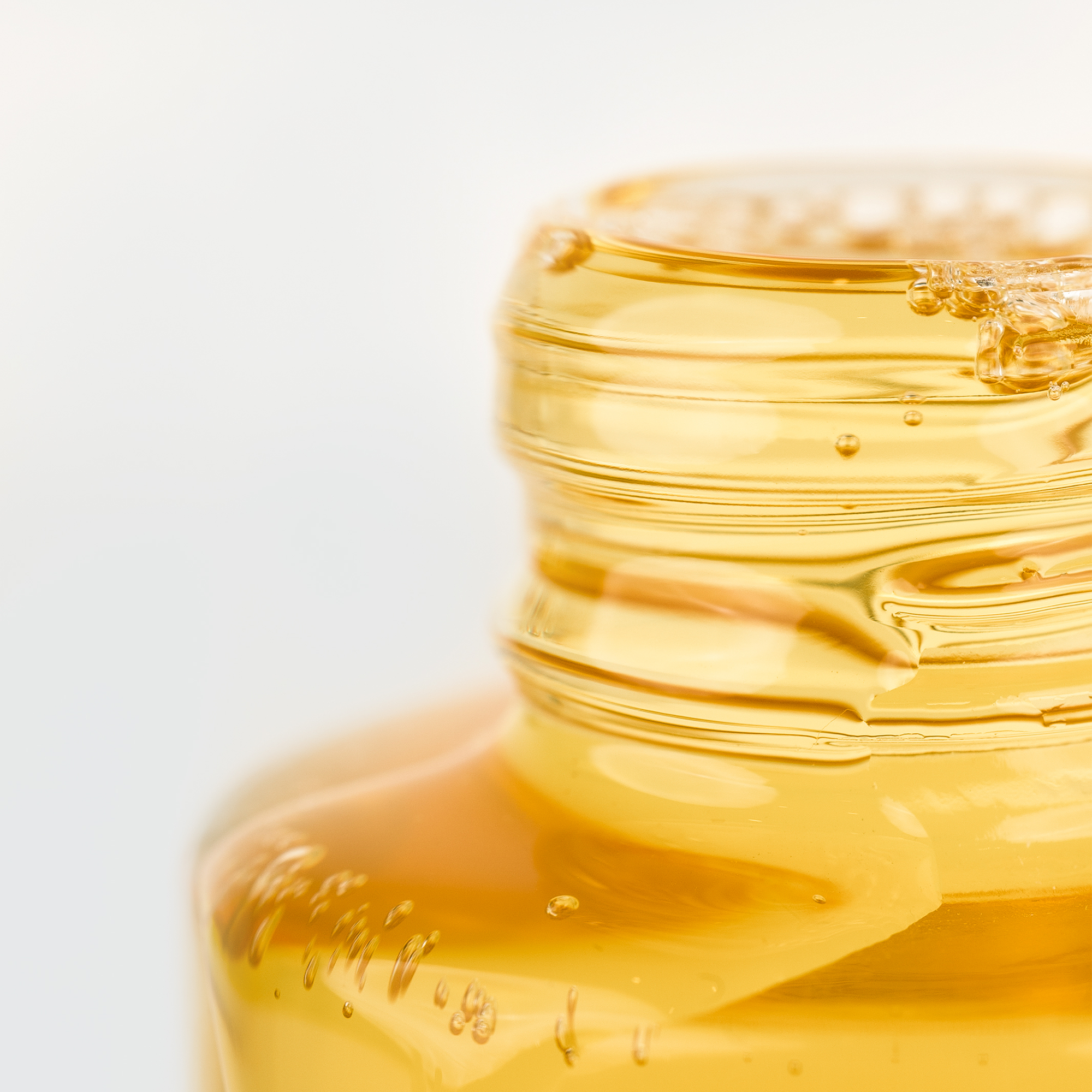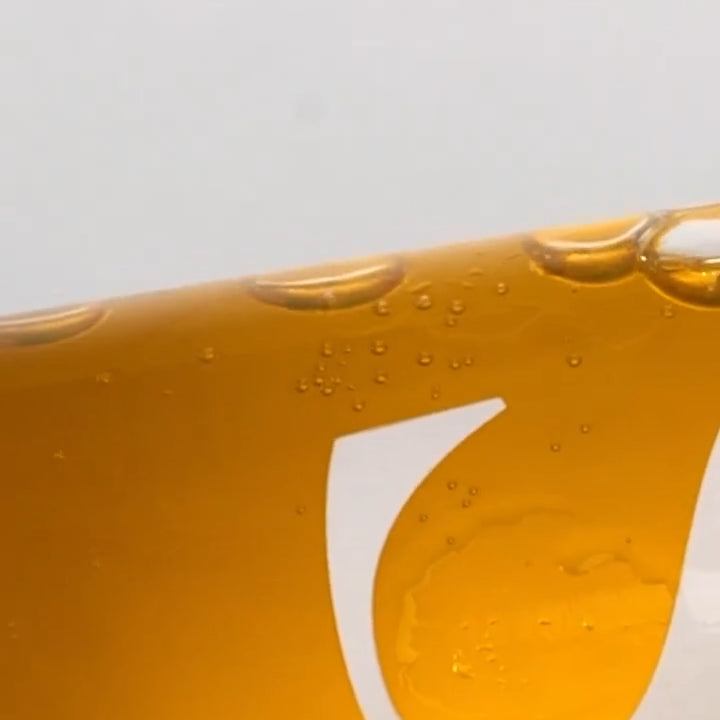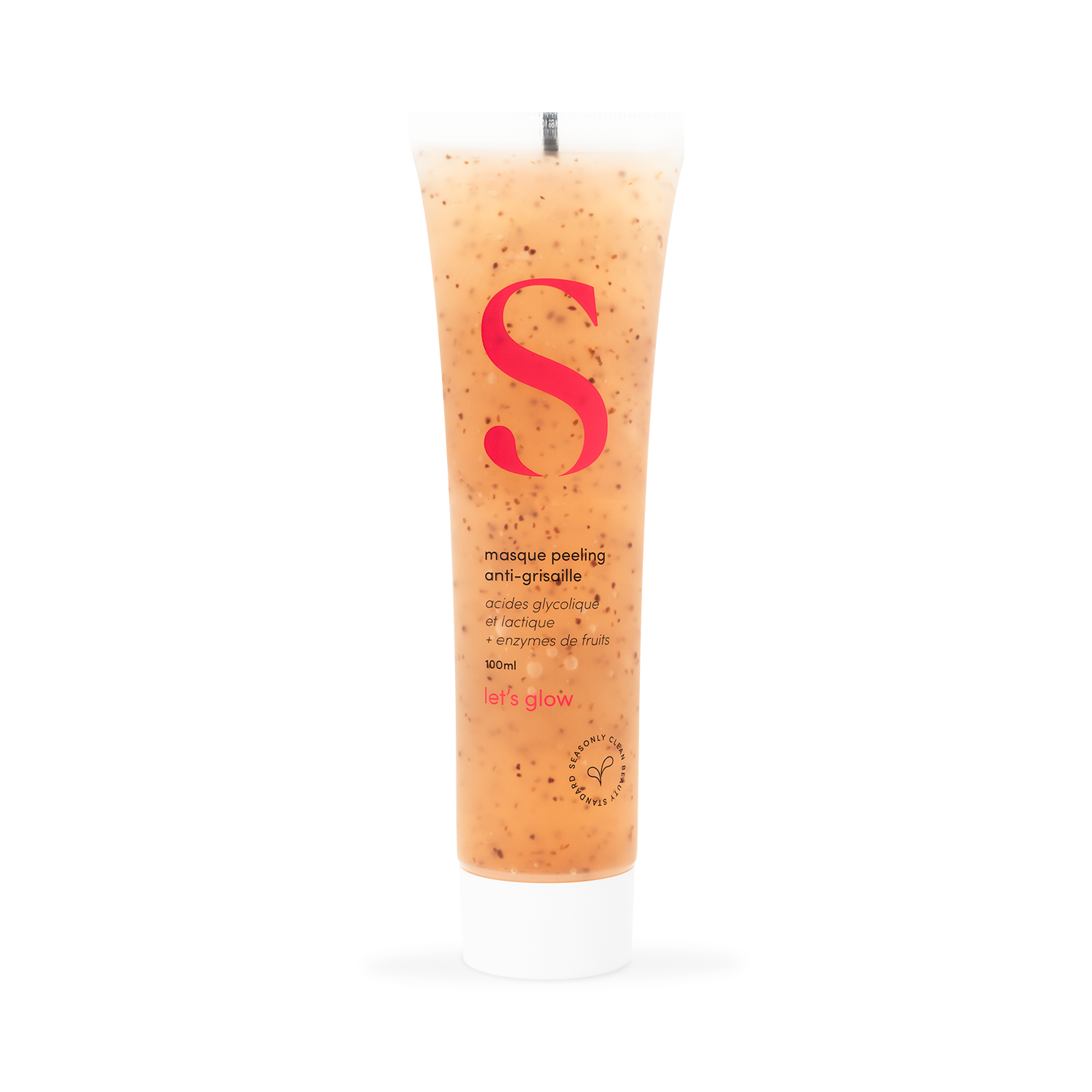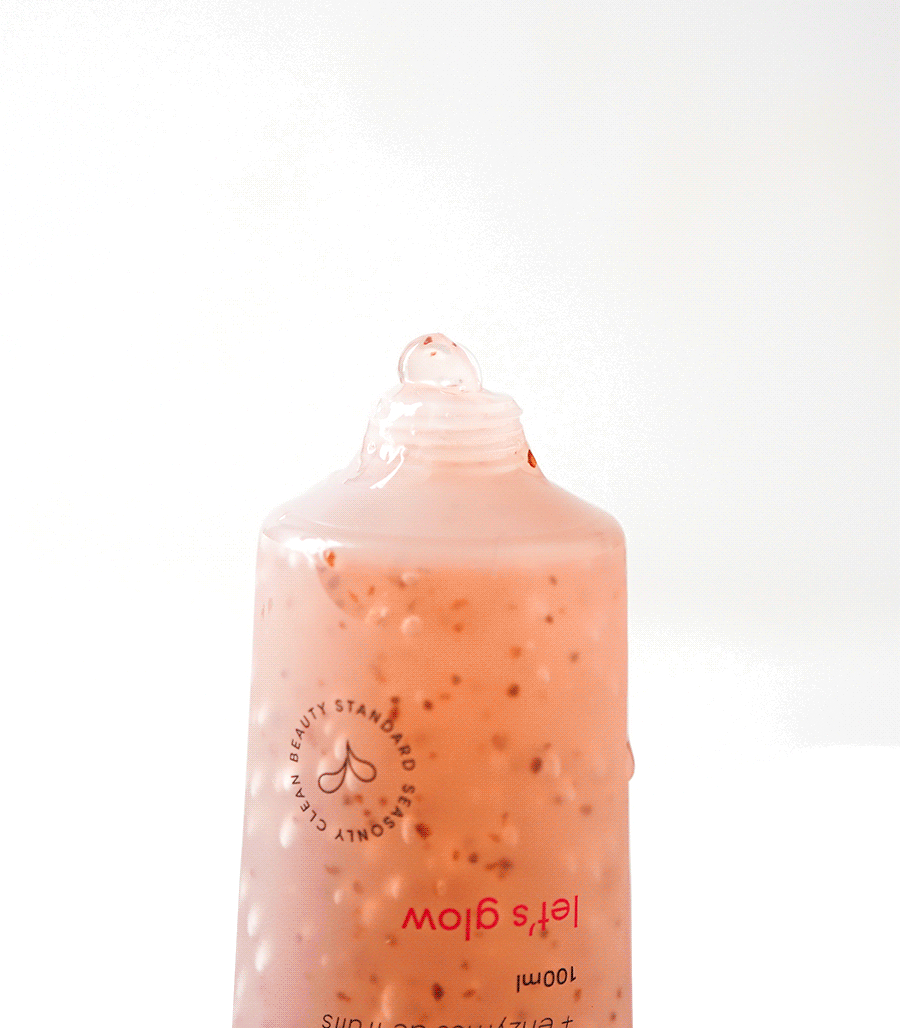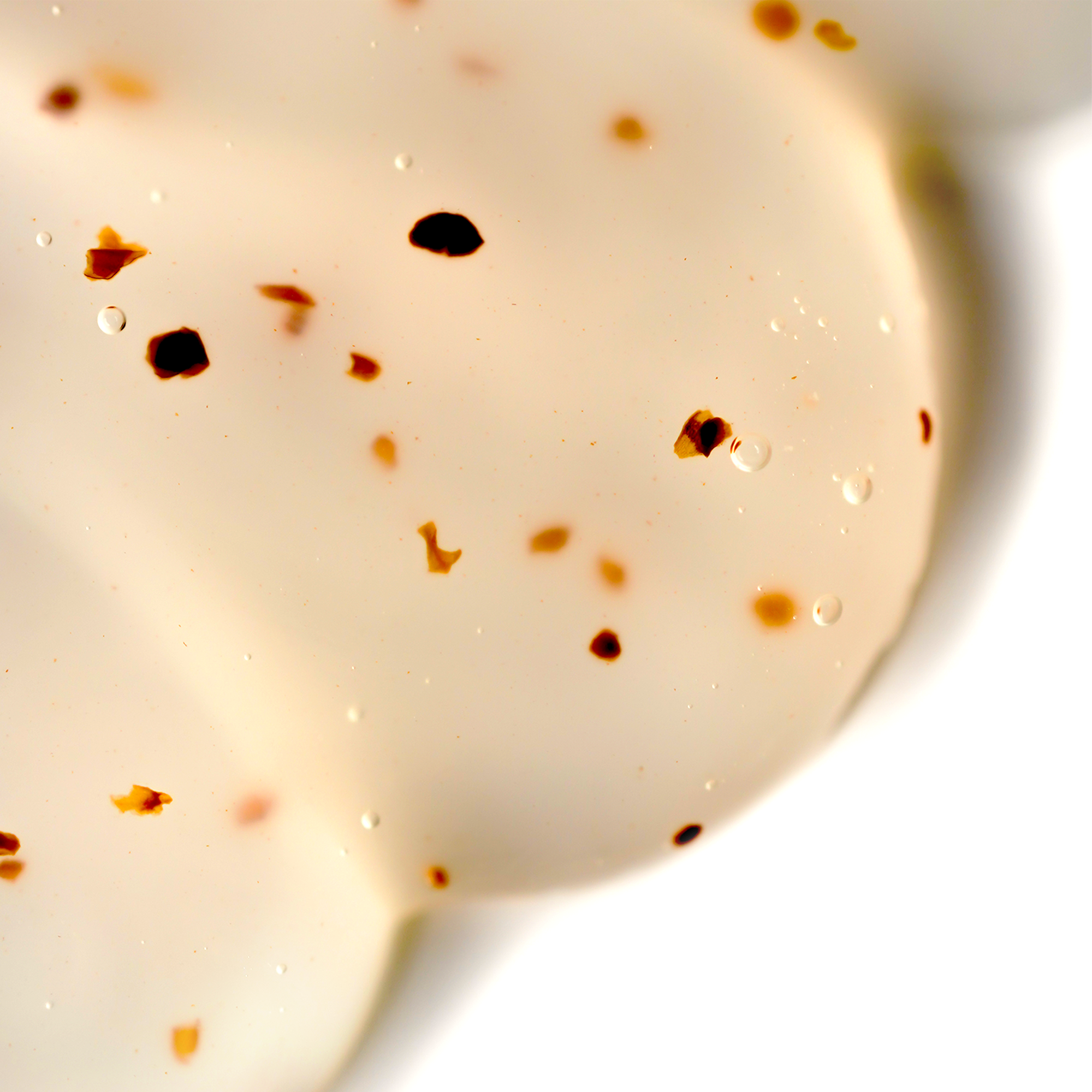10 actions to adopt in winter
With the drop in temperatures, is your skin more reactive, is your complexion dull? Do you have a feeling of discomfort (tightness, tingling) and very often itching and redness? We have collected the 10 best tips from dermatologists and experts for taking care this winter.
1. Adopt a double cleanse that gently rids your skin of impurities
To gently remove makeup from your skin without damaging it, we advise you to use a makeup remover oil first . Its oily texture is the most effective in dissolving all fatty substances (excess sebum, pollution, sun filters, makeup, etc.) without altering the skin's hydrolipidic film - already weakened by falling temperatures. It then transforms into milk on contact with water for an extremely gentle rinse that leaves the skin comfortable. Then we recommend that you use a cleansing jelly that does not contain sulfated agents (such as Sodium Lauryl Sulfate) which are often too aggressive for the skin . A composition based on glycerin, for example, helps restore your skin’s skin barrier. To apply to damp skin, it foams under the action of water and leaves your skin fresh and hydrated.
2. Forget cotton pads and makeup remover wipes, choose reusable cotton pads
You may not know this, but disposable cotton pads are generally too harsh on the skin. Repeated rubbing of cotton on the skin irritates its surface and can even alter its hydrolipidic film. In addition, most cottons contain pesticides or chlorine (used to bleach cotton) so choose reusable cottons made from 100% organic cotton. In addition to being more ecological and economical, they will be much gentler on your skin, which really needs rest during the winter.
3. Rinse your face with thermal water or mist
Tap water can be too hard for your skin, which is sensitized by the cold, and can even eventually create patches or redness. After rinsing your face or even just after showering, spray a few sprays of moisturizing mist or thermal water on your face to restore skin comfort and avoid overheating.
4. Forget overly aggressive mechanical or chemical exfoliants/scrubs
In winter, the skin is more easily irritable and tends to react quickly, so we advise you to avoid all overly aggressive exfoliating products. For example, avoid grain scrubs, which have a mechanical exfoliating action and which can create micro-lesions on the skin due to friction. Your skin will be even more inflamed. Likewise, avoid excessive use of chemical exfoliants (enriched with AHA or BHA for example) - do this once a week to allow your skin to regenerate better but without damaging it too much. If possible, opt for PHAs, gentler exfoliating acids.
5. Avoid irritating and stripping products
When cleaning your skin and applying products, check that your treatments do not contain irritants and/or stripping agents such as: Sodium Lauryl Sulfate, essential oils, alcohol, etc. These substances could further sensitize your already fragile skin. Likewise, avoid excessive hygiene and over-cleansing your skin.
6. Moisturize your skin as much as possible
The key to healthy skin is to hydrate it every day. Apply morning and evening an allergen-free moisturizer that respects your skin. For an additional hydration boost, you can opt for a hydrating serum which will restore your skin comfort .
7. Protect your skin with protective creams
If your skin has significant patches of redness that your daily care cannot soothe, we advise you to apply a repair cream which will create a protective film on the skin . Favor creams enriched with vegetable butters & oils which help restore the skin barrier.
8. Repair your skin with an oil
If you are a fan of oils , we advise you to apply one to your face in the evening at the end of your routine. It will seal the restorative active ingredients used before and above all avoid the syndrome of transepidermal water loss which tends to increase the reactivity of the skin. This water loss is greatest at night, which is why it is important to apply the oil in the evening, especially in winter when our skin is exposed to heating.
9. Use daily sun protection
With the gradual return of sunny days, despite the cold, don't forget to protect your skin against the sun's rays. In the morning, apply an SPF 50 cream to your face to protect it against irritation and sun allergies.
10. Stick to THE routine that soothes your skin
You want to try many facial care products and we understand that. But your skin needs a soothing, anti-inflammatory routine and won't be very adept at changing routines too frequently. Indeed, alternating between certain active ingredients or certain types of products only increases the sensitivity and reactivity of your skin. When switching products, be sure to do so gradually.






